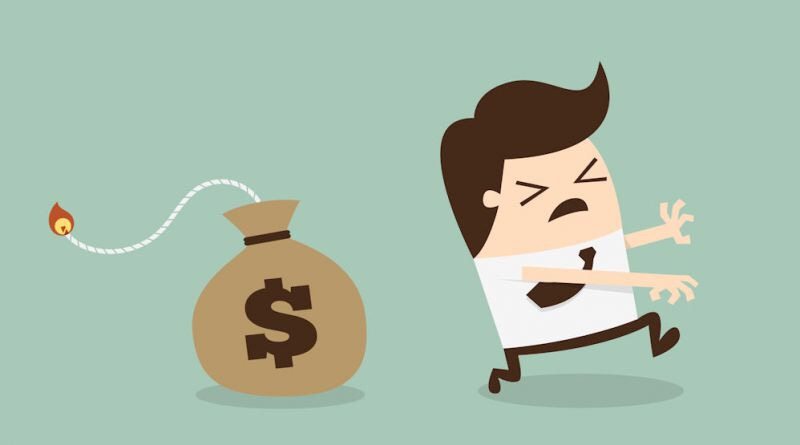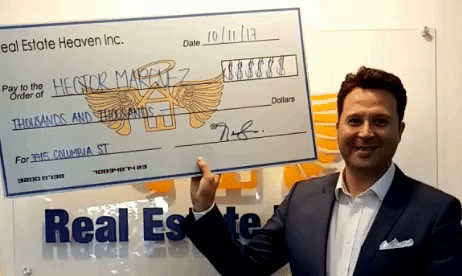This is Why Real Estate Agents Take Overpriced Listings

Silly as it may sound, lots of real estate agents — even in buyer’s markets where little is selling — take overpriced listings. We see it every day. These agents who continually write ridiculously priced listings gain questionable reputations among their peers. We know because we talk with other agents when we tour new listings, and they tell us.
So, you might think, “Hey, who cares?” but an agent’s reputation is important, especially in tight-knit communities.
When buyers and sellers sign a purchase contract, their respective agents enter into a 30- to 45-day relationship; respect for each other and cooperation is crucial. So why do agents sabotage themselves? Or do they?
Sometimes-It’s a Deliberate Lie.
As a seller interviews each agent, often the estimate of value creeps upward. Maybe the first agent knows there will be two other agents competing for the listing, so the first agent names an astronomical figure. The second agent, upon hearing the first agent’s price, beats it. The third agent comes in higher yet.
A seller who chooses an agent based on which estimate is highest is the ultimate loser.
Yet almost every seller operates in this manner. It’s a shame because so few agents take the time to educate sellers that other factors such as marketing plans and the agent’s negotiation abilities are far more important than estimate of value. The comps speak loudly if anybody looks at them. Ultimately, the market place establishes value.
Sometimes the Seller has Unreasonable Expectations.
This still doesn’t excuse the agent from explaining how appraisers determine value. A home comes on the market on a storybook street in a desirable area, and is priced $100,000 too high. It isn’t uncommon for an agent to justify their listing by saying something like, “I know it’s overpriced, but I would have lost the listing to somebody else if I didn’t agree to that price.”
Free Advertising for the Agent
Every “For Sale” sign advertises the agent’s company and the agent. Many signs contain the agent’s Web site and cell phone number. Some even sport a large color photograph of the real estate agent.
Think of it like a giant billboard for the agent.
If the home is located on a major thoroughfare, all the better. Probably thousands of drivers pass the sign each day and will see that agent’s name. And after the sign post is in the ground, it’s not costing that agent one thin dime to leave it there.
Agents Find Buyers Through Listings
Sign Calls
If a buyer wants to find out the price of a home, typically they will call the agent’s cell phone number and ask. Agents who are on the ball will try to recruit that buyer to work with them, providing the buyer is not already working with another agent.
Open Houses
Moreover, agents can hold an open house and find buyers that way as well. If the buyer is not interested in the home — and once they find out the price they won’t be — the agent is then free to show the buyer other homes.
Newspaper Ads
An agent with an overpriced listing often won’t put the address in the paper but will list the details along with the price. That way, buyers who can afford to pay that amount will call to inquire. Now, all an agent has to do is suggest other homes in that particular price range that are worth what the seller is asking and she’s off and running into escrow on another transaction. Not yours.
Real Estate Agents Hope for a Price Reduction
Even when agents knows they are taking an overpriced listing, they might be telling themselves that when the home doesn’t sell within a few weeks, they can persuade the seller to lower the price and then earn a commission when it sells. So they justify their actions and accept the listing. Except that studies show that interest in a home typically wanes after a few weeks, so there are fewer buyers for that home when the price falls. Buyers also think there is something wrong with a home that doesn’t sell right away or they worry the seller dropped the price because a major defect was discovered. Price reductions hurt. They hurt the seller, and they often make a buyer wonder how much lower the price could drop. So, a buyer will often offer even less after a price reduction.
Conclusion: Choose your agent based on honesty, ethics, experience, competence and marketing, and don’t chase after those tossing around pie-in-the-sky numbers.











